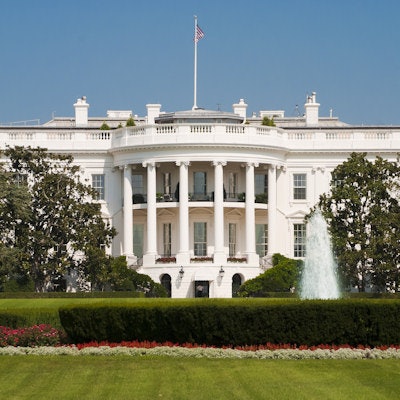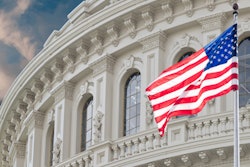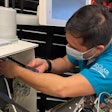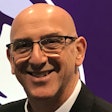
Neuroradiologist Dr. Scott Atlas on November 30 announced his resignation as an adviser on COVID-19 to the Trump administration. Atlas' four-month tenure in the position was marked by controversy due to statements he made in opposition to lockdown measures.
Atlas made his announcement on his Twitter account, stating that he believed his views on pandemic mitigation measures "were in agreement with those of top epidemiologists and medical scientists" from prestigious universities like Harvard and Oxford.
Honored to have served @realDonaldTrump and the American people during these difficult times. pic.twitter.com/xT1hRoYBMh
— Scott W. Atlas (@ScottWAtlas) December 1, 2020
Atlas was frequently criticized for lacking formal training in epidemiology or virology, and he was also attacked for statements he made against lockdown measures designed to reduce the spread of the SARS-CoV-2 virus. He was accused of advocating a "herd immunity" approach to managing the pandemic -- a charge that he denied -- but he was vocal in criticizing mitigation measures such as shutting down schools and workplaces.
Criticism of Atlas reached a crescendo in mid-November, when he urged residents of Michigan to "rise up" against new lockdown restrictions being imposed to curb the novel coronavirus. The comments were seen as inflammatory, particularly given the recent events in the state that included an alleged plot to kidnap the governor.
Atlas also clashed with other public health officials in the Trump administration, including Dr. Anthony Fauci, head of the U.S. National Institute of Allergy and Infectious Diseases, and Dr. Robert Redfield, director of the U.S. Centers for Disease Control and Prevention. Atlas' appointment was widely seen as an attempt by the Trump administration to set up a counterweight to the restrictive advice provided by more established public health officials.
Prior to joining the Trump administration in August, Atlas was a fellow at the Hoover Institution, the conservative think tank affiliated with Stanford University. He was a professor and chief of neuroradiology at Stanford from 1998 to 2012.



















